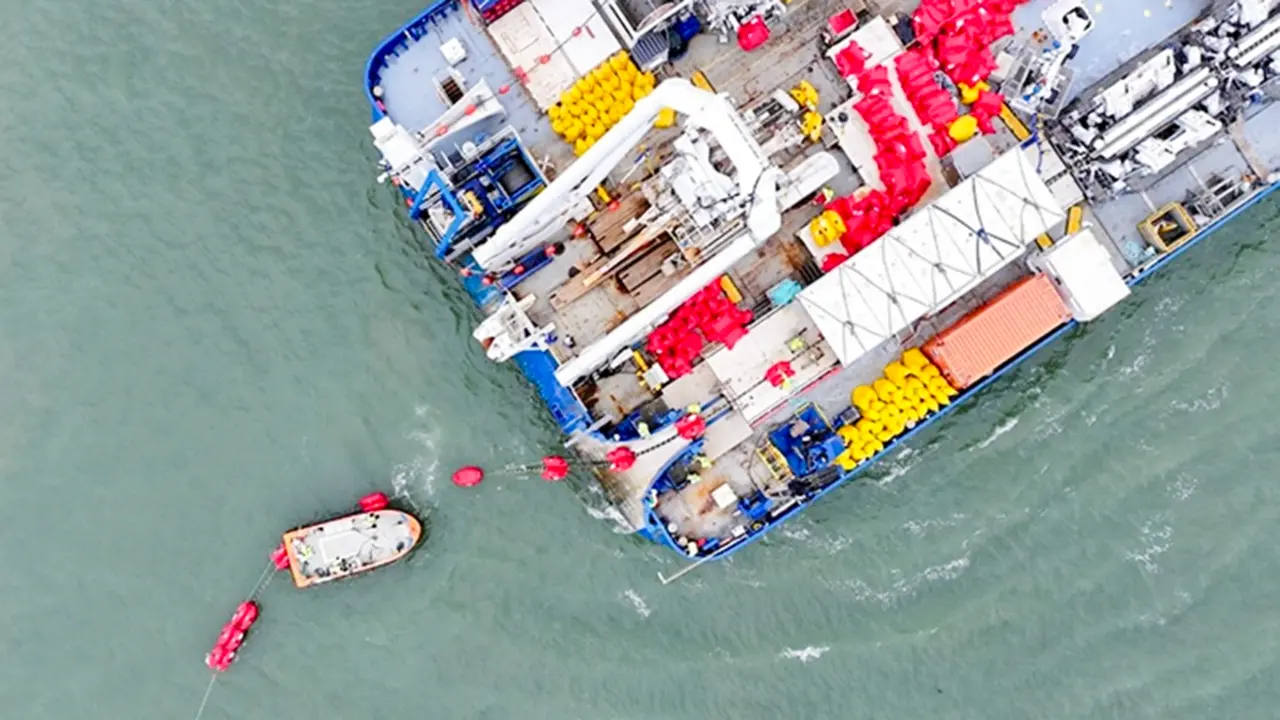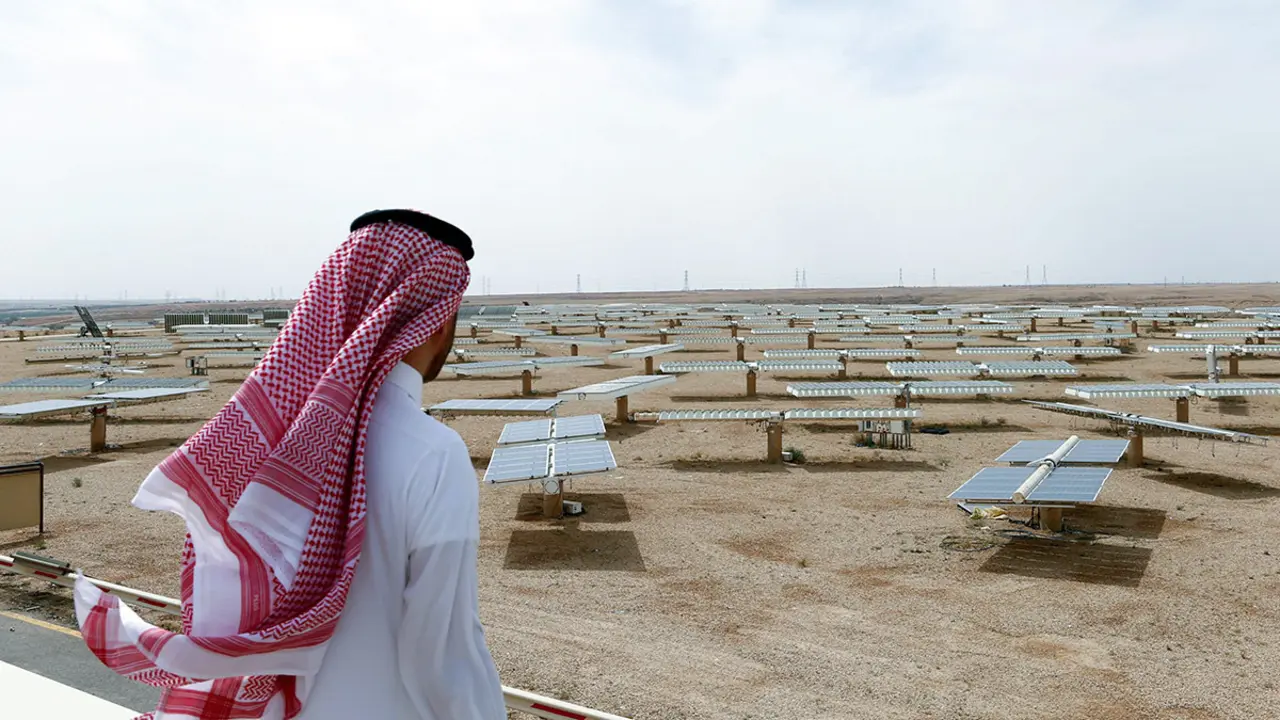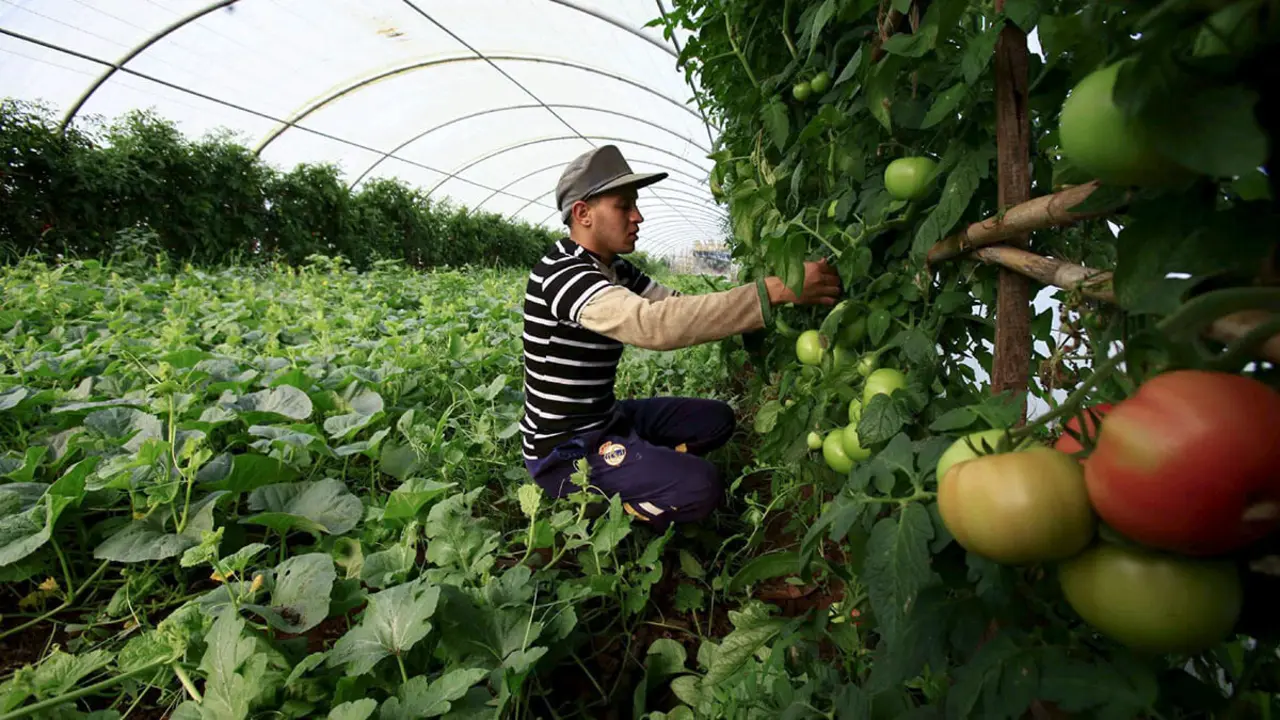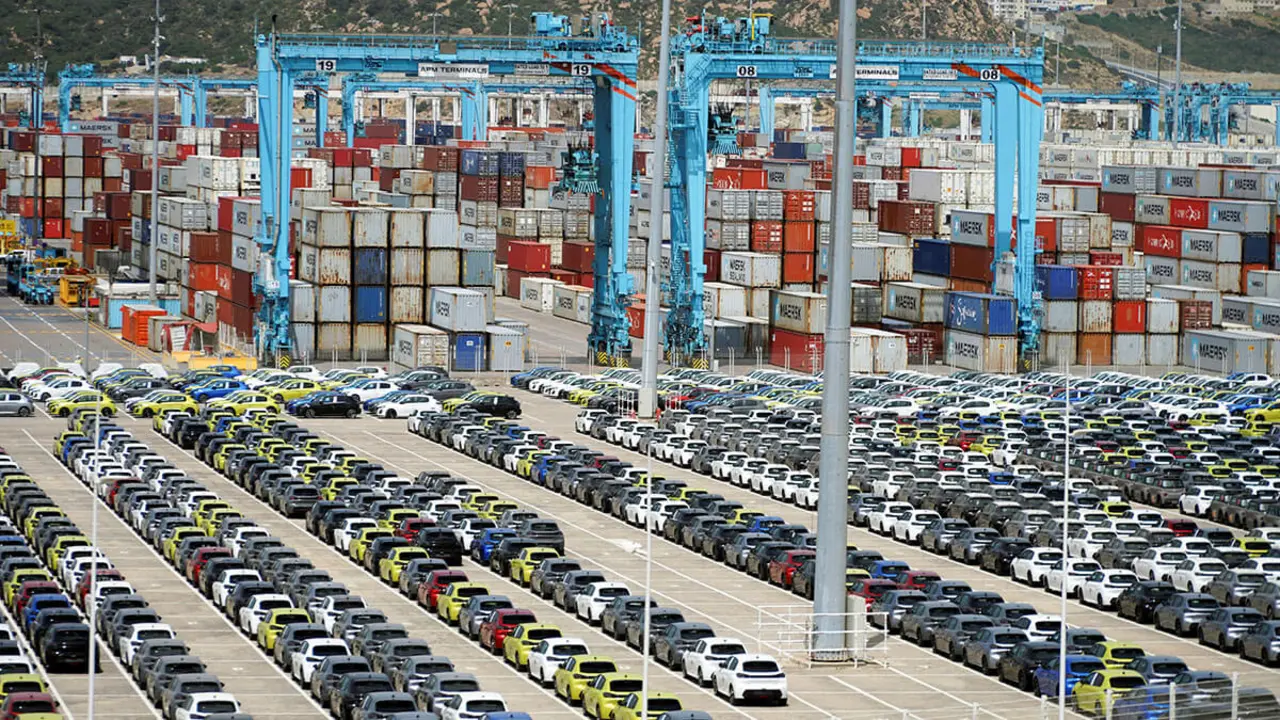Niger partners with Morocco to improve transport in Africa
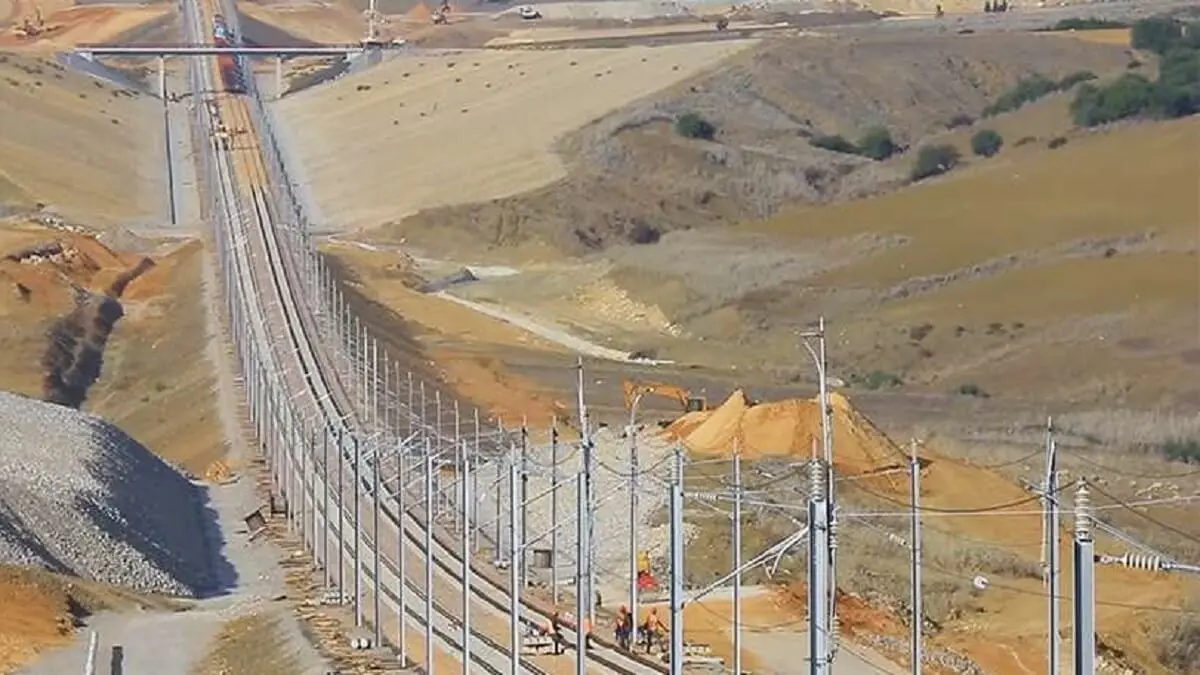
- African solidarity and sustainable partnership
- Ways to strengthen bilateral relations
- Boosting trade with Morocco
Morocco and Niger want to move forward in consolidating their bilateral relations, particularly in cooperation in the transport sector. On 16 July, Moroccan Minister of Transport and Logistics Abdessamad Kayouh met with Niger's Minister of Transport and Civil Aviation, Colonel Major Abdourahamane Amadou, with the aim of expanding bilateral cooperation in transport and logistics and exploring opportunities for cooperation in the rail, air and road transport sectors.
The meeting reaffirmed Morocco's commitment to establishing a beneficial partnership with Niger in the field of transport, focusing on training, knowledge sharing and technical support.
On this occasion, Morocco offered its experience and expertise in road safety, railway network development and airport infrastructure modernisation, emphasising its willingness to share its experience with Niger, particularly through advanced technical training programmes for students from that country.

African solidarity and sustainable partnership
The meeting between the ministers of the two countries, which took place in the Moroccan capital, Rabat, represents an opportunity to renew Morocco's growing commitment to its African partners, particularly with regard to the exchange of technical expertise and infrastructure development with other countries on the continent.
During his working visit to Morocco, Minister Abdourahamane Amadou praised Morocco's constant support for Niger's development and expressed his country's willingness to strengthen bilateral relations through active African solidarity and sustainable partnership.
In this regard, the Atlantic Initiative launched by King Mohammed VI is crucial to strengthening relations between African nations within a framework of solidarity that aims to connect the countries of the Sahel by offering them access to the Atlantic. The royal initiative aims to help these landlocked nations gain access to maritime routes and boost their trade, industry and agriculture.
Amadou expressed his admiration for Morocco's achievements in the transport sector, stating that the aim is to learn from Moroccan best practices in governance, regulation and infrastructure development.
He shared his country's desire to benefit from Morocco's experience in creating a national airline, developing rail networks and strengthening road safety, and explained that Nigeria wants to build an integrated and efficient transport network to overcome the challenges associated with being landlocked.
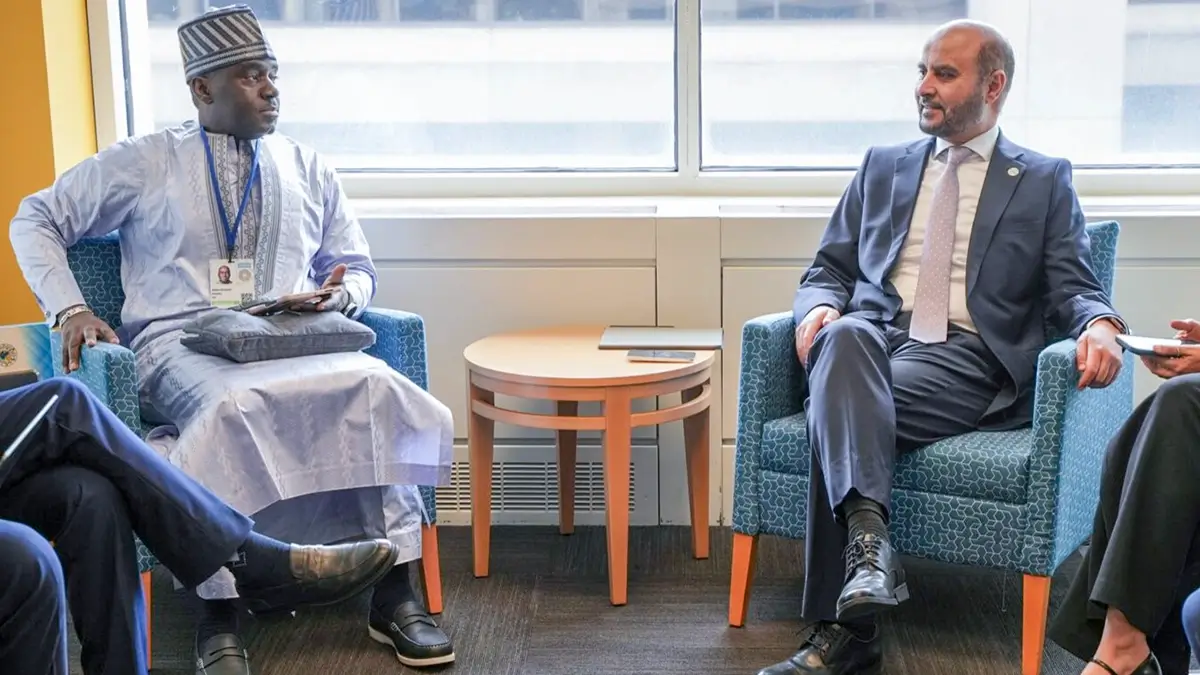
Ways to strengthen bilateral relations
Since Mohammed VI's historic visit to Niger in December 2016, opportunities for partnership and cooperation between the two countries have begun to emerge with a view to consolidating and accelerating the development of bilateral relations.
The two countries have been able to strengthen traditional avenues of cooperation and identify new areas for collaboration, focusing in particular on vital sectors that represent the future of the continent.
Morocco and Niger are continuing their strategic rapprochement through large-scale joint projects, such as the Africa-Atlantic gas pipeline, which illustrate the exemplary cooperation between the two countries in the field of energy and their commitment to regional integration.
Sharing knowledge on vocational training and youth employability is a priority of their bilateral cooperation on employment and training. The aim is to equip young people with practical skills, promote their integration into the world of work and stimulate economic growth in both countries.
Digital technologies, for the development of training programmes tailored to market needs, are one of the areas of cooperation between Niger and Morocco.
With total exports worth 47.5 billion dollars in 2024, Niger, in addition to exporting refined products, liquefied natural gas (LNG) and products derived from these hydrocarbons, is seeking to diversify and develop its foreign trade, reducing its dependence on hydrocarbons by actively promoting other sectors.
This is why the country is striving to expand its agricultural exports, particularly cocoa, cotton and rubber.
Boosting trade with Morocco
Trade between Niger and Morocco is growing, but has not yet reached its true potential. Currently, bilateral trade between the two countries accounts for only 1.88% of Niger's total trade, despite a modest increase over the last five years.
For its part, the positive development of economic relations between the two nations has led to greater cooperation in the agricultural and industrial sectors and has encouraged financial institutions in both countries to work together to facilitate trade financing.
In this regard, Niger and Morocco intend to take full advantage of the African Continental Free Trade Area (AfCFTA) and existing bilateral agreements to increase trade and contribute to the economic growth of both nations.
In fact, Nigeria wants to boost trade with Morocco to 2.5 billion dollars. This objective requires the removal of trade barriers to encourage increased exports and imports between Niger and Morocco.
These legislative reforms and the removal of trade barriers will boost bilateral trade, particularly in the renewable energy, telecommunications and financial services sectors, as well as the Africa-Atlantic gas pipeline project.
Added to this is the initiative to establish a direct maritime link between Niger and Morocco to facilitate the transport of goods and reduce logistics costs, which could considerably facilitate trade between the two countries and stimulate investment.

